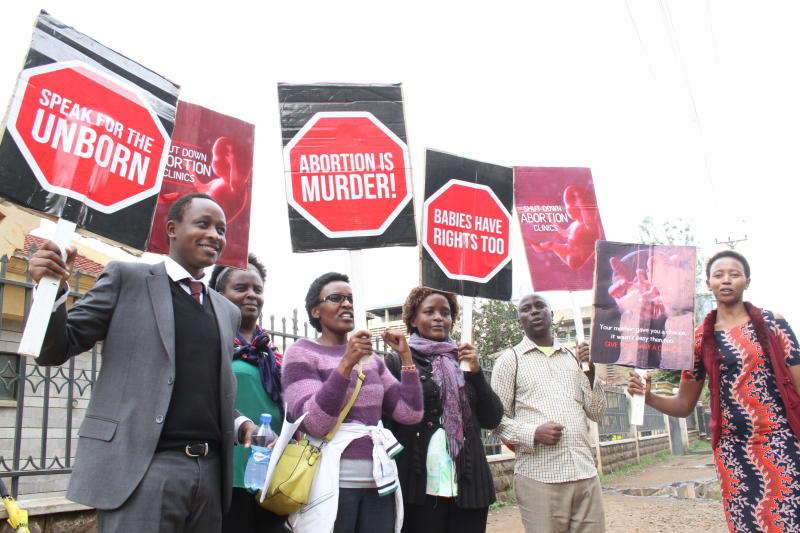×
The Standard e-Paper
Join Thousands Daily

The High Court’s verdict reinstating 2012 safe abortion guidelines has reopened debate on whether abortion is legal in the country.
Although a five-judge bench composed of Justices Lydiah Achode, Mumbi Ngugi, Aggrey Muchelule, George Odunga and John Mativo declared that the Constitution outlawed abortion, they found that the withdrawal of the guidelines as illegal and unconstitutional.